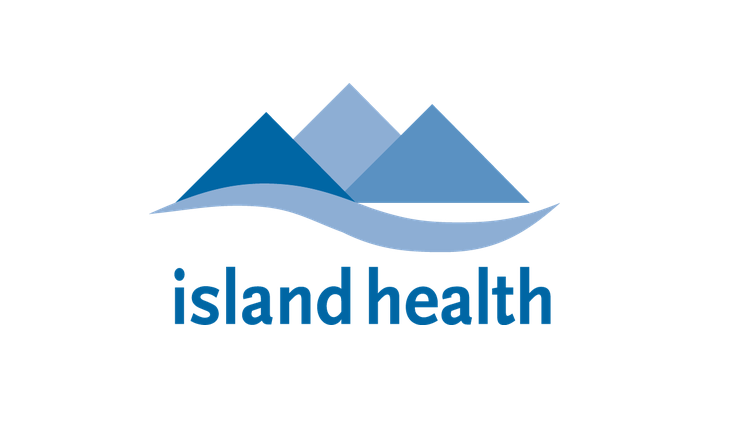VICTORIA, B.C- Medically assisted deaths on Vancouver Island are occurring around five times higher than the rest of Canada.
That’s according to a new report from Island Health, written by doctors David Robertson and Rosanne Beuthin. Robertson is the executive director for medical assistance in dying (MAID) for the health agency.
The findings of the report show a total of 504 medically assisted deaths between June 17 of 2016 and June 15 of 2018. June 17 of 2016 was the date of medically assisted death becoming legal in Canada. Those 504 deaths were 3.6 per cent of all expected deaths on the island in that time.
Robertson told the MyComoxValleyNow.com newsroom that they had been surprised by the overall rate on the island, when compared to the rest of the country, which rose to 0.8 per cent in the first year.
As to why it was higher, he indicated there had been no accurate population based research on the matter done yet. However, he did speculate that British Columbia being at the “political forefront” of advocating for assisted dying had been a factor.
“On the Island, we have to recognize that we have a population of people, I am speculating here, many of whom moved here in the latter stages of their life,” said Robertson.
“We sort of think to ourselves that if people are willing to make those kinds of decisions regarding their life, moving sometimes substantial distances, then it’s reasonable to expect that they want to have some kind of degree of control over the manner of their death.”
The report indicated that 26 per cent of the deaths occurred in acute care hospitals, 12 per cent were in hospice/palliative care units, three per cent were in assisted/residential care, and one other percentage were in other places, charted up to six deaths in a hotel, funeral home, or clinic.
The other 57 per cent occurred at home.
The average recipient of MAID services was 76 years old, with 249 female patients and 255 male. Data on education, income, or cultural identity was not included.
The largest cause that led to a MAID death was cancer, with 61 per cent of cases reporting the disease as a factor. Neurodegenerative disease was eight per cent, while organ failure was 19 per cent.
Island Health’s call line for MAID services averaged around 12 calls a month.
Before the legalization of medically assisted dying, five doctors on Vancouver Island had gotten training for the service. After the passage of the law, there were four deaths in the first five days.
There are now 39 MAID prescribers on the island, with 19 of those provided the service to date. Three of the earlier prescribers have withdrawn, due to pressure of demand and concerns about financial compensation.
Current prescribers have placed distances on how far they will travel and how they receive referrals.
252 physicians and nurse practitioners have completed MAID assessments, with seventeen nurse practitioners being trained to be assessors.
As for what portion of the deaths were in the North Island area, from Qualicum to Port Hardy, Robertson indicated it was roughly 20 per cent.
He also stated the rate was rising since the completion of the report.
“If we look at countries where there have been much longer histories of assisted dying, and I’m thinking of the Netherlands and Belgium, that matches what has gone on there,” said Robertson.
“They have risen to numbers of five or six or seven per cent, over the course of the last 15, 16, 17 years doing assisted dying in those countries. In the case of Vancouver Island, we’ve risen to the five per cent number much more quickly than they did, and that is something of a surprise to us, but that is the population we have on Vancouver Island. We’re answering to the requests of the people.”




